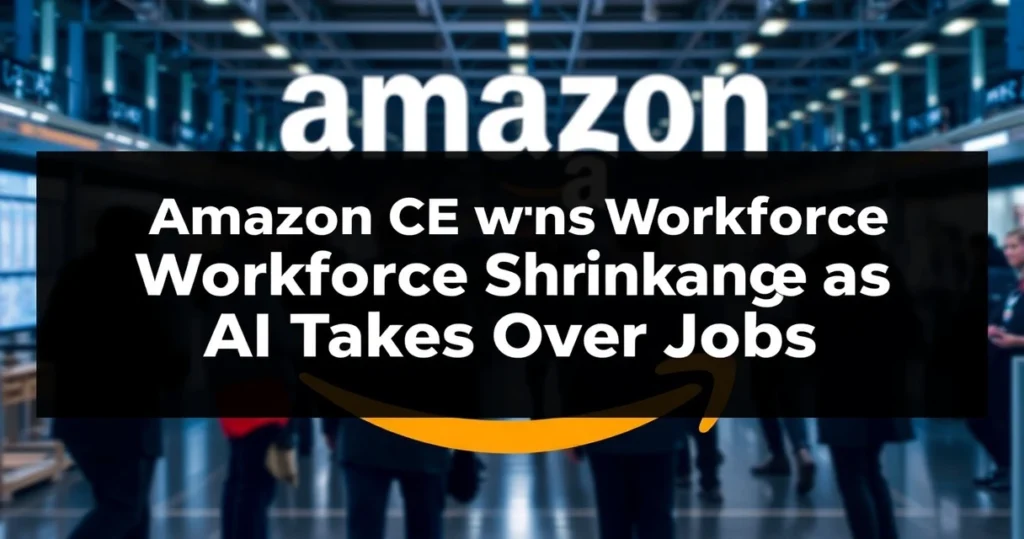Shareholders Take Legal Action Against Tesla and Elon Musk Over Robotaxi Promises
In a significant development, Tesla’s shareholders have initiated legal action against the company and its CEO, Elon Musk, citing unfulfilled promises related to the much-anticipated Robotaxi project. This legal dispute has drawn attention to Tesla’s ambitious claims about its autonomous vehicle technology and the timeline for its deployment. As stakeholders voice their concerns, the implications for Tesla’s reputation and stock performance become increasingly relevant.

Shareholders contend that Musk’s statements regarding the imminent rollout of the Robotaxi service were misleading and did not align with the company’s actual progress. The lawsuit raises critical questions about corporate accountability, transparency, and the responsibilities of executives to their investors. As Tesla continues to innovate in the electric vehicle market, the outcome of this legal action could have far-reaching consequences for its future endeavors.
The Background of the Robotaxi Promises
The concept of a Robotaxi, or an autonomous taxi service powered by Tesla’s advanced AI and electric vehicle technology, has been a cornerstone of Musk’s vision for the company’s future. In various public statements and earnings calls, Musk has suggested that Tesla would soon have a fleet of self-driving cars operating as a ride-hailing service. However, the projected timelines for these developments have repeatedly shifted, resulting in skepticism among investors.
Initial Promises and Projections
In 2019, Musk declared that Tesla would achieve full self-driving capabilities by 2020, a statement that generated significant excitement and increased the company’s stock price. However, as deadlines came and went without substantial progress in the technology, many shareholders began to express their dissatisfaction. The Robotaxi narrative has been a recurring theme in Tesla’s marketing strategy, leading to inflated expectations that have not materialized.
The Role of AI Technology
At the heart of the Robotaxi concept is Tesla’s advanced AI technology, which powers its Autopilot and Full Self-Driving (FSD) features. While the company has made remarkable strides in autonomous driving, challenges remain in achieving Level 5 autonomy, where a vehicle can operate without human intervention under all conditions. The complexity of real-world driving scenarios has proven to be a significant hurdle, complicating Musk’s previous assurances.
Shareholder Concerns and Legal Action
The legal action taken by shareholders centers around allegations of securities fraud, claiming that Musk’s statements regarding the timeline and capabilities of the Robotaxi service were misleading. The plaintiffs argue that these misleading claims inflated Tesla’s stock price and ultimately harmed investors when the reality of the situation became apparent.
Key Allegations in the Lawsuit
- Misleading Statements: The lawsuit alleges that Musk made over-optimistic projections about Tesla’s future, which were not supported by the company’s actual technological capabilities.
- Stock Price Manipulation: Shareholders claim that Musk’s comments contributed to artificially inflated stock prices, leading to significant financial losses when the anticipated developments did not occur.
- Lack of Transparency: Investors are concerned about the transparency of Tesla’s communication regarding its technological advancements and the risks associated with its ambitious projects.
The Implications for Tesla and Elon Musk
The legal action against Tesla and Musk could have profound implications for the company as it continues to navigate the competitive electric vehicle market. While Tesla has maintained a strong market position, the outcome of this lawsuit could affect public perception and investor confidence.
Impact on Investor Confidence
Investor confidence is crucial for Tesla’s ongoing growth and expansion plans. If the legal action reveals a pattern of misleading communications by Musk, it could deter potential investors and lead to a decline in stock value. Conversely, if Tesla successfully defends itself, it could reinforce its reputation as a leader in the electric vehicle sector.
Potential Changes in Corporate Governance
This lawsuit may prompt Tesla to reevaluate its corporate governance practices, especially regarding communication with shareholders. Increased scrutiny may lead to more stringent oversight of public statements made by executives, as well as improved transparency in reporting technological progress and challenges.
Future of the Robotaxi Project
The future of the Robotaxi project remains uncertain amidst this legal turmoil. Tesla must balance the expectations of its investors with the realities of technological development. As the company continues to innovate, the pressure to deliver on promises will only intensify.
Technological Hurdles Ahead
Despite the legal challenges, Tesla is continuing to invest in research and development to overcome the technological hurdles associated with fully autonomous driving. The company’s commitment to innovation remains strong, with ongoing updates to its software and hardware designed to improve the performance of its vehicles.
Market Competition
The competitive landscape for autonomous vehicles is evolving rapidly, with several companies vying for leadership in this space. Tesla’s ability to deliver on its Robotaxi promises will be critical in maintaining its competitive edge against rivals like Waymo, Cruise, and others that are also making strides in autonomous technology.
FAQ Section
1. What are the main allegations made by shareholders against Tesla and Elon Musk?
Shareholders allege that Musk made misleading statements regarding the timeline and capabilities of the Robotaxi service, which led to inflated stock prices and subsequent financial losses when these promises were not fulfilled.
2. How could this legal action affect Tesla’s stock price?
The outcome of the lawsuit could either bolster investor confidence if Tesla prevails or undermine it if the court finds against the company, potentially leading to a decrease in stock value.
3. What is the Robotaxi project?
The Robotaxi project aims to develop an autonomous taxi service using Tesla’s electric vehicles equipped with advanced self-driving technology. This service is intended to operate without human drivers, offering ride-hailing options to consumers.
4. What are the technological challenges facing Tesla’s autonomous driving capabilities?
The main challenges include achieving Level 5 autonomy, which requires vehicles to navigate all driving conditions without human intervention, as well as ensuring safety and reliability in complex real-world scenarios.
5. How might this lawsuit impact Tesla’s future projects?
The lawsuit could lead to increased scrutiny over Tesla’s communications with investors and may prompt changes in corporate governance, affecting how the company approaches future projects and public statements.
Conclusion
The legal action taken by shareholders against Tesla and Elon Musk marks a pivotal moment for the company as it grapples with the implications of its ambitious Robotaxi promises. As the situation unfolds, it is essential for Tesla to navigate these challenges transparently while continuing to innovate in the electric vehicle space. Investors and the market will be closely watching the developments, as the outcome of this lawsuit could significantly shape Tesla’s future trajectory.
📰 Original Source
Este artigo foi baseado em informações de: https://www.investing.com/news/stock-market-news/tesla-musk-sued-by-shareholders-over-robotaxi-claims-4170338


